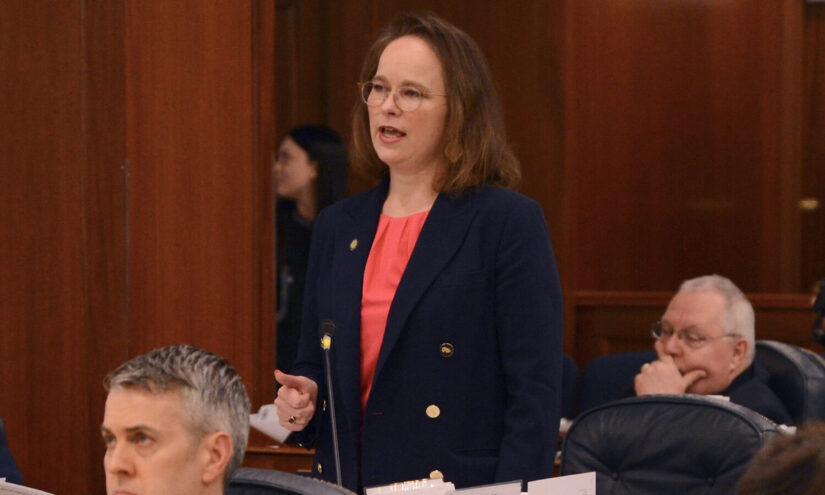During this summer, a team of students from MIT embarked on a journey to the sou …
Alaska House Passes Ban on Social Media for Kids and Online Pornography Identification requirement
Jennifer Livingstone

The decision to “ban children younger than 14 from using online social media” was passed by the Alaska House of Representatives with strong bipartisan support. The motion, voted on by a margin of 33-6, aims to safeguard children by restricting access to potentially harmful online content. The bill has now been forwarded to the state Senate for further review.
Representative Sarah Vance introduced House Bill 254, which includes measures to ensure that individuals accessing internet pornography in Alaska are at least 18 years old. The legislation also mandates parental approval for 14- and 15-year-olds using social media platforms. Implementation of these regulations underscores the importance of protecting children from detrimental online influences.
Republican Representative Andrew Gray from Anchorage proposed an amendment to the bill on Wednesday, incorporating the social media restrictions. This additional provision, restricting children under the age of 14 from using social media without parental consent, aligns with the bill’s overarching aim to prevent underage exposure to explicit online content.
While proponents of the bill emphasize its child protection objectives, various stakeholders have raised concerns about the potential infringement on privacy and free speech rights. The legislation mandates age verification for accessing pornography sites through a commercially viable method, such as ID submission, eliciting apprehension from both critics and supporters.
Representative Genevieve Mina expressed reservations regarding the privacy implications of the bill, cautioning against the widespread adoption of commercial age verification technology. The ongoing debate underscores the need to strike a balance between safeguarding minors and preserving individual liberties in the digital age.
Addressing the bill’s broader implications, Representative David Eastman highlighted the contrasting approaches to internet regulation in the United States and countries like China. Amidst evolving online landscape, discussions about privacy, censorship, and digital freedoms remain crucial.
The legislative developments concerning online content regulation in Alaska are reminiscent of initiatives supported by the National Decency Coalition. With legal challenges and court rulings shaping the landscape, the debate over internet governance and individual rights continues to evolve on a national and state level.
The inclusion of a provision offering a $100 annual state voucher for parents purchasing content-filtering software underscores the bill’s commitment to promoting responsible online behavior among minors. This initiative aims to empower parents in shaping their children’s digital experiences while navigating the complexities of online content.
As the discussion around internet regulation and child protection unfolds in Alaska, the focus remains on safeguarding vulnerable populations and fostering a safer digital environment for all users. Upholding the balance between personal freedoms and societal well-being remains a paramount consideration in shaping future legislative actions.

